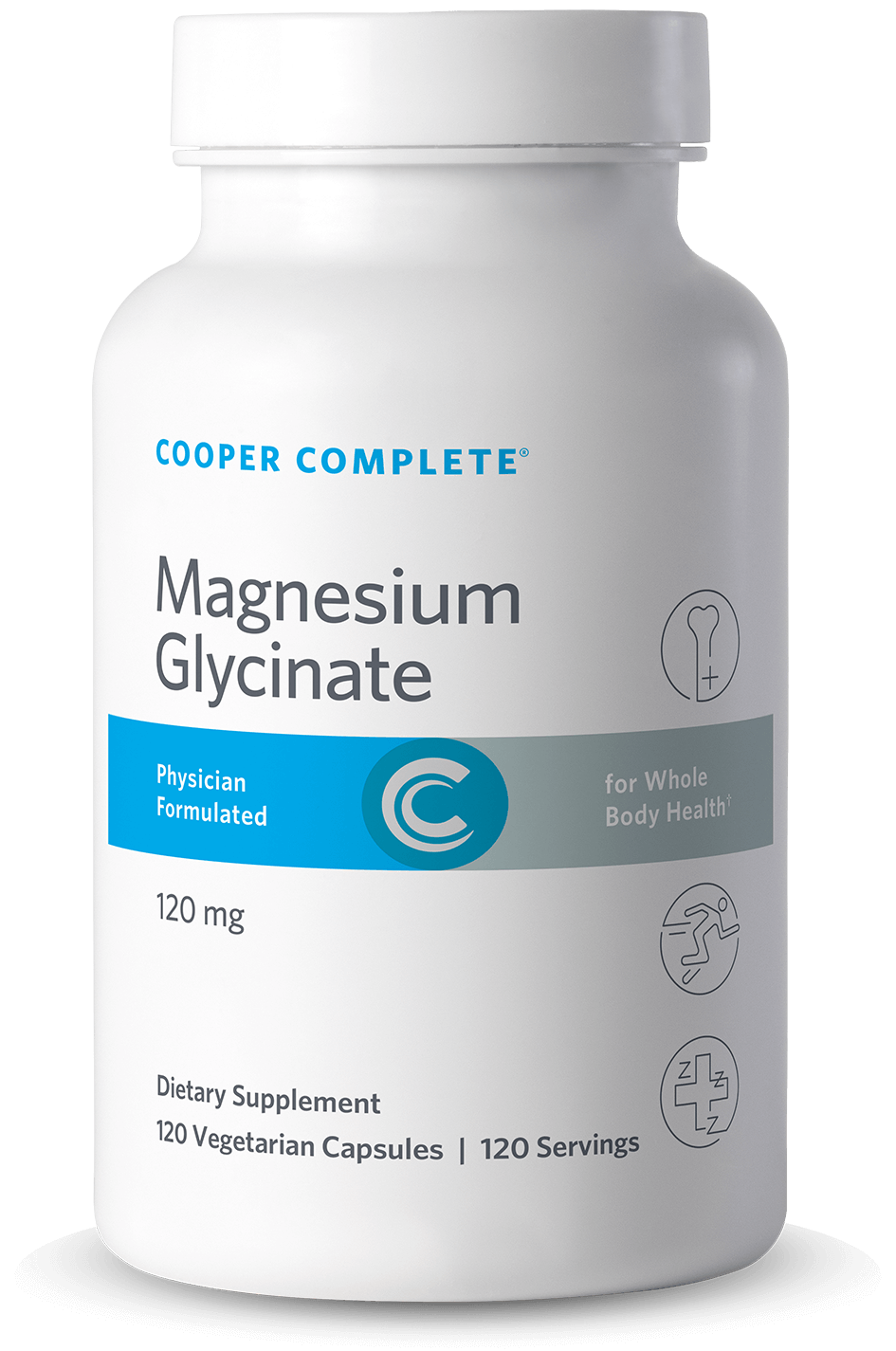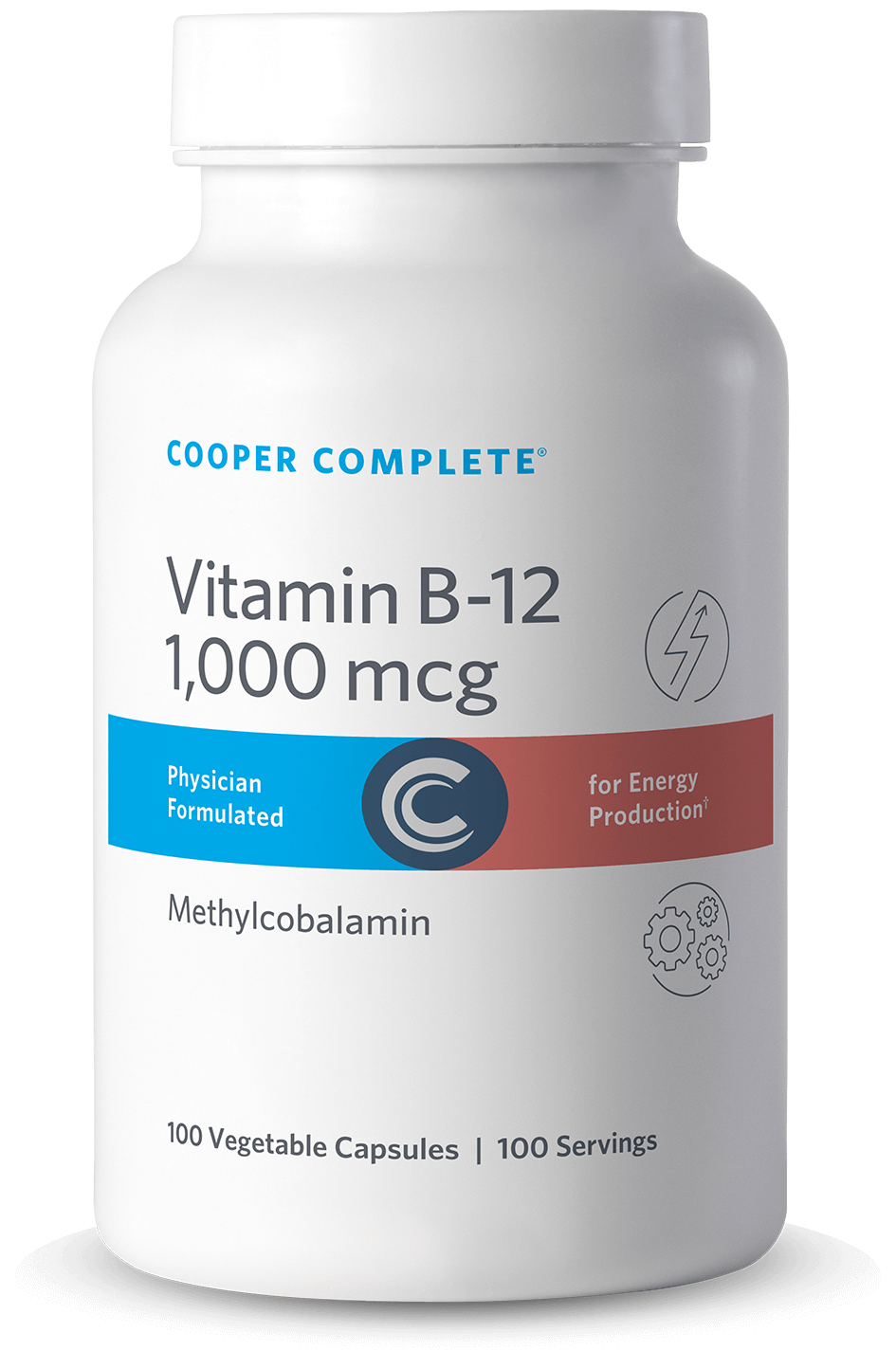Nutritional Deficiencies in Popular Diets

Various diets receive a lot of attention for their rapid weight loss promises, but they can also deprive your body of the necessary nutrients it needs to function optimally. While specific diets may be recommended by your doctor for health reasons, it is important to be aware of the missing nutrients in diets so you can take the appropriate steps to look and feel your best.

120 mg Magnesium Glycinate Supplement
Chelated magnesium glycinate (also known as magnesium bis-glycinate) is well absorbed without significant laxative effects.
$24.98 Add to cartEffects of Nutritional Deficiencies on the Body
Nutritional deficiency occurs when the body doesn’t receive adequate amounts of vitamins and minerals from food which can result in malnutrition and disease. Symptoms of nutritional deficiencies can include:
- Fatigue
- Dizziness
- Weight loss
- Muscle weakness
- Mood swings
- Difficulty focusing
Many popular diets reap weight loss results but, after taking a closer look, are unable to provide long-term health benefits due to inadequate sources of vitamins and minerals.
Nutrients Often Missing in Gluten-Free Diets
While the Gluten-Free Diet may be a necessary treatment for celiac disease or wheat allergies, the regimen was found to lack fiber, iron, vitamin D, B12, magnesium, and calcium which are usually found in products made with starches or refined flours.
The Ketogenic Diet Missing Nutrients
The low-carb, high-fat Ketogenic Diet is often used by bodybuilders to shed fat and preserve muscle mass before a competition and has thus received a lot of attention because of its rapid weight loss results. By placing major emphasis on replacing carbohydrates with fats, it forces the body into a metabolic state called ketosis. By restricting grains, milk, sugars, and fruit, the risk of vitamin D, calcium, and electrolyte deficiencies is probable and individuals are encouraged to take additional vitamin D and calcium supplements.

Vitamin B12 Methylcobalamin Supplement 1000 mcg
Cooper Complete B12 Methylcobalamin Supplement contains the most active, absorbable form of vitamin B12 as it does not require conversion in the body. (Note: This product was previously offered in a liquid form.)
$19.98 Add to cartMissing Nutrients in Vegan Diets
Consisting of grains, plant oils, nuts, seeds, fruits, and vegetables, the Vegan Diet disallows all animal products including meat, fish, poultry, eggs, dairy products, and honey. While some may practice this diet for weight loss purposes, many choose to go vegan long-term as a lifestyle change based on personal convictions. The most common nutritional deficiencies resulting from this diet are:
- Iron
- Calcium
- Vitamin D
- Vitamin B12
- Zinc
Vegans are able to obtain some vitamin B12 from fortified foods such as soymilk, tofu and cereals but are often advised to take B12 and iron supplements to help with possible anemia, cognitive problems and fatigue.
Supplementing Your Diet to Ensure Optimal Vitamins and Minerals
Most extreme diets and restrictive food plans share the common goal of weight loss but also share nutritional deficiencies in iron, vitamin D, B12, calcium and magnesium. The suggested minimum daily intake of these vitamins and minerals recommended by the U.S. Department of Health and Human Services varies based on age, gender and pregnancy. These values can be reached with a balanced diet and taking a multivitamin, such as Cooper Complete Original Multivitamin with Iron, or additional vitamin supplements.
Healthy Nutrient Levels in Popular Diets |
|||||
|---|---|---|---|---|---|
| Vitamin or Mineral | Ketogenic | Gluten-Free | Vegan | Cooper Complete Original With Iron | Cooper Complete Calcium Citrate |
| Iron | ✓ | ✓ | ✓ | ✓ | – |
| Vitamin D | ✓ | ✓ | – | ✓ | – |
| Vitamin B12 | ✓ | ✓ | ✓ | ✓ | – |
| Magnesium | ✓ | – | ✓ | ✓ | – |
| Calcium | – | – | – | – | ✓ |
Whether you choose to change your diet because of a medical condition, weight loss or purely a part of a lifestyle choice, it is always important to analyze the nutrients your diet does or does not provide in order to ensure you reach your optimal level of health.
